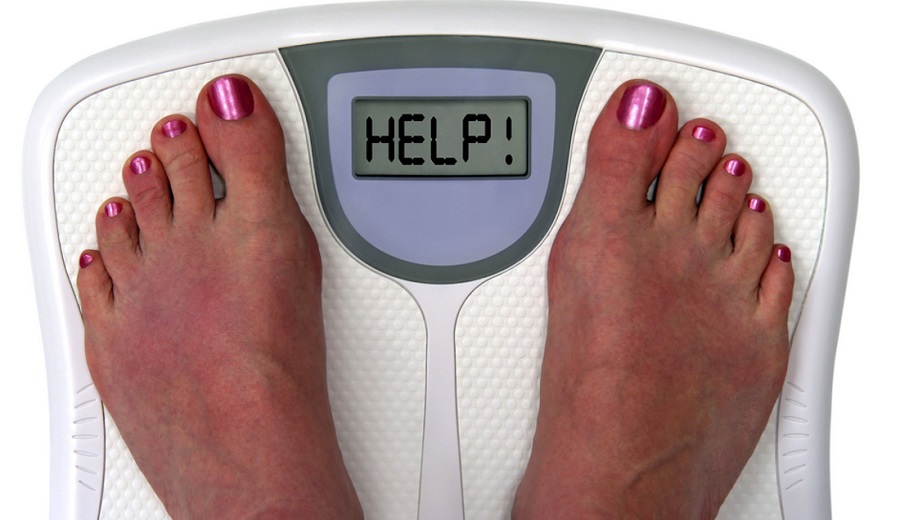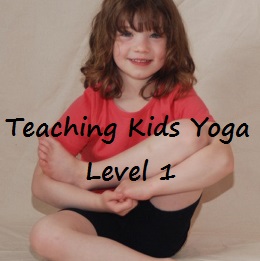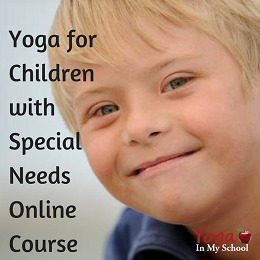Eating disorders are more prevalent than Alzheimer’s disease. “In the United States, as many as 10 million females and 1 million males are fighting a life and death battle with an eating disorder such as anorexia or bulimia. Millions more are struggling with binge eating disorder (Crowther et al., 1992; Fairburn et al., 1993; Gordon, 1990; Hoek, 1995; Shisslak et al., 1995).” This is especially prevalent in the teenage population where, “Over one-half of teenage girls and nearly one-third of teenage boys use unhealthy weight control behaviors such as skipping meals, fasting, smoking cigarettes, vomiting, and taking laxatives (Neumark-Sztainer, 2005).”
With those kind of statistics it was good news last week when Time magazine brought to our attention, with this article, scientific proof from the Journal of Adolescent Health that yoga helps those struggling with eating disorders.
Yoga has proven to be highly therapeutic and relatively non-threatening when working with those struggling with eating disorders. It provides a gentle awakening of the mind with a soft embrace of the body as it helps to re-establish the connection between the mind and body which can become highly disengaged for individuals with eating disorders. Yoga’s focus on fostering self love and helping to eliminate negative emotions while developing body awareness and acceptance make it an ideal therapy.
Physically yoga helps as it is a non-aerobic form of exercise. In other words it gets the blood flowing, releases positive chemicals into the brain which help overcome anxiety and depression, is weight bearing (a necessity for anorexics who may be at risk for osteoporosis), and doesn’t lead to weight loss but helps build and tone the body. In addition, it is a skill which can be kept up throughout life promoting health and vitality for years to come.
One further benefit of yoga class for teens struggling with eating disorders is that it is a forum for discussion. Topics such as personal boundaries, comfort zones, levels of trust, body image and others can find voice in a safe and nurturing environment.
For more information on how you can help those struggling with eating disorders visit the National Eating Disorders Association (NEDA) and download a copy of their Educator Tool Kit.







Thank you for shedding some light on both the issue of eating disorders and the benefits of yoga for those suffering from these disorders – and for helping to prevent them. As someone who suffered anorexia for a time in my younger years, I can tell you firsthand that its basis was in a lack of connection, a need for control in a crazy world, and very low self-esteem. YOGA is the way to reconnect, improve self-esteem, and help learn lessons regarding holding on/control as cause of suffering. The desire to share this gift was one of the many reasons I began teaching yoga to children. Glad to see that actual research is showing these benefits. YES!Thanks for sharing!
Thanks for sharing your personal story with us.